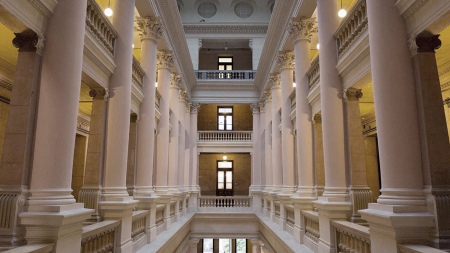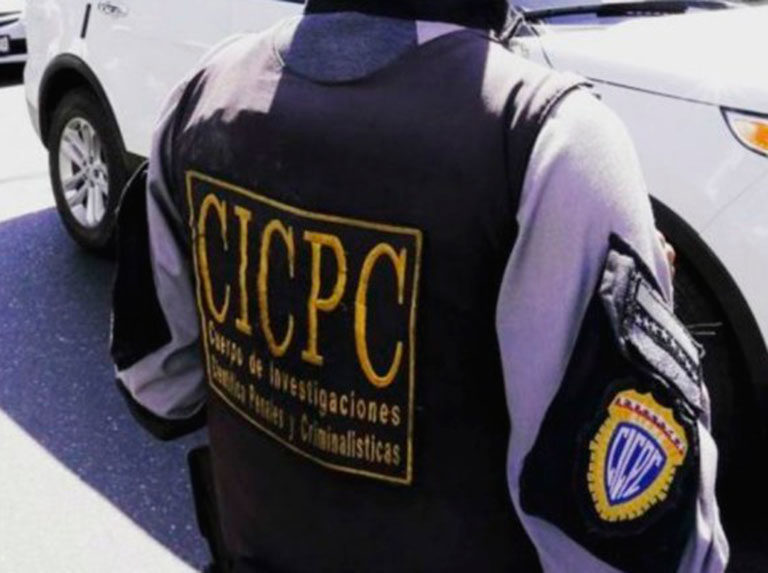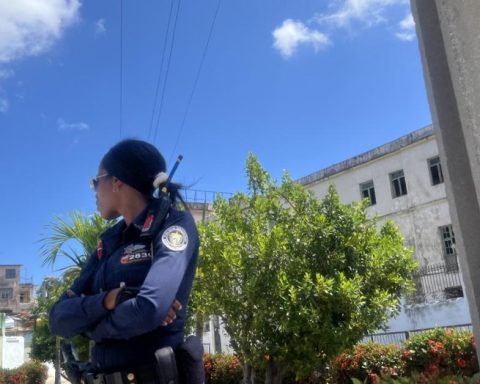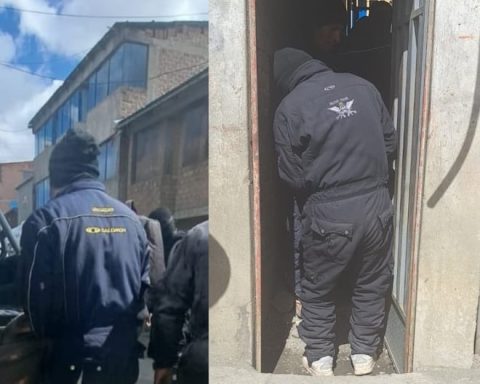The ruling party of the Chamber of Deputies decided this Thursday to incorporate an article in the draft Budget 2023 so that the judges, officials and employees of the Judicial Power pay the Income Tax, with which it is estimated that $237,000 million may be added to the public coffers.
The request was made by the secretary of the Budget and Treasury Commission, Marcelo Casaretto (Frente de Todos-Entre Ríos), who pointed out that “it is necessary to modify, within the category of Tax Expenses, the exemption of the income of magistrates and civil servants of the national and provincial judicial powers.
“When one looks at the budget in detail, one finds an item that is important, controversial, over the years, and that I think must be modified this time,” the entrerriano launched as an introduction.
In 2017, a law provided that the judges who entered the Judiciary from that year paid Earningsbut as a consequence of the precautionary measures presented there are very few magistrates who are discounted that tax on your assets.
The incorporated article now establishes that “in the case of magistrates, civil servants and employees of the Judicial Power of the Nation and of the provinces and of the Public Ministry of the Nation, all income will be included within taxable income, regardless of the date of their appointment and for all the concepts that make up their remuneration”.
“Workers who earn more than $330,000 pay profits, and judges of the Supreme Court and lower levels, who earn $1,000,000 or $2,000,000 monthly, do not pay”Marcelo Casaretto
The pro-government deputy said that in 2022 the State will not collect “129 billion pesos because the judges do not pay Profits; next year this sum will be 237 billion.”
In relation to 2021, he read a report that estimated that sum at 55 billion pesos.
“Workers who earn more than $330,000 pay earnings, and judges of the Supreme Court and lower levels, who earn $1,000,000 or $2,000,000 monthly, do not pay,” he added.
Casaretto pointed out that those “who have the capacity to pay the tax, those who collect one million, two million pesos and do not pay Income Tax, must do so. Do not come to me with the independence of the Judiciary,” referring to the argument of the magistrates so that their income is not depreciated, given that while they hold office they cannot carry out private activity.
“Clearly I do not agree with this exemption; in fact, last year I presented a bill in which some forty colleagues accompanied me, essentially from my bloc, and that deputies present here have been part of the discussion,” he remarked.
Response of the Union of Employees of the Nation’s Justice
The Union of Justice Employees of the Nation (UEJN), which conducts Julius Piumatoit was declared in a state of “alert and mobilization” in all the country in rejection of “the proposal that the workers of the activity pay the so-called Income Tax, since the salary is not profit.”
Piumato argued that “the problem in Argentina is not the workers or those who pay profits, but the financial usury that plunders wealth and the future.”
Meanwhile, Casaretto recalled in his argument that The discussion of this issue “emerged in the 1930s, when the Supreme Court of that time, which had declared the 1930 coup d’état constitutional, had ruled that all of society had to pay for it, except them.”
“It continued to happen over time, and when that income tax changed, in the 1970s, three items were exempt: judges, legislators, and retired judges and legislators,” he continued.
Casaretto continued: “In 1996 this Congress repealed those three articles, with promulgation on March 26 of that year; and many things take many years in the Justice, but this is not, because on April 11, two weeks later, they sign an agreed by which they declare that law inapplicable”.
“And they did it in relation to the judges and the retired judges, that is, everyone else, back to having to pay, except them. In fact, from that moment on, the active and retired legislators began to pay, and Today we pay,” he specified.
To clarify, he added: “Today the Executive Branch pays; the legislators pay; and the judges do not. Because they, with that Court presided over by Julio Nazareno (in the ’90s, during the Government of Carlos Menem), ordered that it not be done” .
“It was discussed again in 2016, some of those present here voted a law, which ordered that those appointed from 2017 onwards begin to pay; but on that the policy applied injunctions and none paid,” he warned.
In the chronology, he mentioned that “the issue reappeared in October 2018 during the treatment of the 2019 Budget project; and there the deputy (Nicolás) Massot (then president of the PRO block) asked, along with other colleagues, that this issue be addressed ” .
“Three quarters of the votes were obtained to deal with the issue (special majority required) but when it came time to consider it, Massot said ‘we all agree’ to deal with it; and the president of the Chamber, Emilio Monzó (also from the PRO ), he replied: ‘We all agree to treat it, but not in this session, in the next session,'” he said.
“We are still waiting,” Casaretto concluded before that analysis that finally never came.
“Two weeks later the Court ruled, rejected the injunctions and ordered the judges who had not done so to pay, for which, for almost two years they had not complied with the law, and there they began to do so,” he added.
The former judge and radical deputy formoseño, Fernando Carbajal, said that he paid profits when he held office and was in favor of the judiciary paying taxes
The pro-government deputy also clarified that “some time later there was another agreement by which they established that they should only pay for one of the codes of their income and not for the whole; that is, today only part of the judges pays, and only pays for one part of their remuneration and not for the others”
On this point, the former judge and radical deputy Fernando Carbajal (Formosa) said that he paid profits when he held office and was in favor of the judiciary paying taxes.
“As I entered after 2017, I paid the tax, and I even paid it with pleasure, because I think it corresponds; I agree, that’s how it should be and I think that the historical disagreement that Casaretto raised very well had to do with the fact that there was lukewarmness and complicity on the part of executive powers,” he added.
In this sense, he warned: “An accordada was never able to modify a law; if this was consent to a series of irregular activities of the judicial powers, because there is the accordado of the Supreme Court, but each superior court of Justice of each one of the provinces, issued administrative resolutions and granted themselves the benefit”.
“For years the AFIP did not say anything and neither did the national executive powers, in a spurious agreement that existed for many years with sectors of the Justice, and this is also part of history,” he remarked.
















